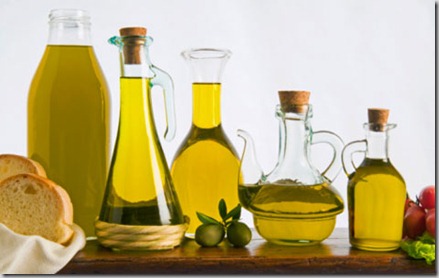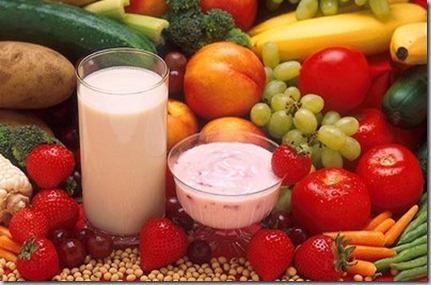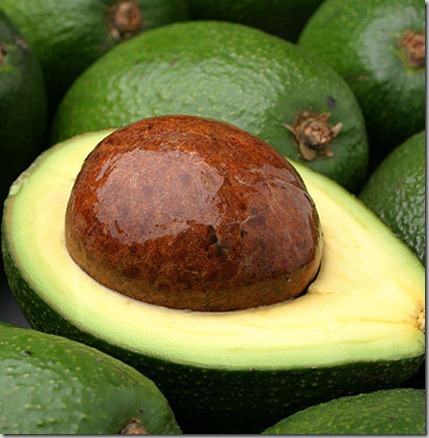This week starts the taper for the Boston Marathon. Most runners will begin with a decrease in weekly running volume of 20%. There will be at least 2 days of speed/strength workouts and one long run of no more than 16 – 17 miles, in some cases 14 miles will suffice as the long run. In terms of nutrition, we need to focus on muscle repair, strength and recovery. To do this, increase protein and decrease carbohydrates slightly.
My first day of tapering was a strength workout on the treadmill which included a 2 mile warm up, 3 x 1600, 5 x 800, 400 recoveries and a 2 plus mile cool down outside with Shane. Boy! Was it cool! Good by warm weather, hello cold. ![]() 12 plus miles total.
12 plus miles total.
Getting back to nutrition, we have a guest post from Steven who really knows his stuff. Read on to get some of your questions answered regarding protein, carbohydrates, and fats.
Nutritional Goodies, post by Steven (bio at the end)
In recent years, there has been a lot of outrageous claims on which type of foods to eat. Should you eat more protein? Should you eat more carbs? Is fat bad? A huge blame for all this confusion has actually been because of popular diet programs, promising quick weight-loss results, but not providing a long term solution. The fact is, protein, carbs, and fat can all be very good for your body, and depending on your fitness goals there are specific ways that these nutritional goodies can help you achieve them in a very effective way.
When Should You Include More Protein In Your Diet?
Over the last decade, protein has been one of the most abused nutrients in the dieting world. There has been diets strictly committed to eating mostly just protein for weight loss, which is not a long-term solution by any means. But protein can be used in many ways to help you achieve your fitness goals. If you are using free-weights or resistance bands to build muscle, consuming more protein in your diet can definitely help you reach your muscle building goals, because protein helps to rebuild your muscle after a hard workout. Protein is also good for other things. Many people who run believe that it is all about consuming carbs (which for the most part it is), but what most fail to realize is that while carbs give them the energy, protein gives their bodies the power to withstand all of the strain, because of its muscle rebuilding powers.
Yes, protein is also good for your weight-loss goals. Protein takes longer for your body to break down and digest, which means you can experience being fuller for a longer period of time, and because it takes a longer time to break down, it forces your body to burn more calories.
When Should You Consume More Carbs?
With the popularity of protein rising, carbs were not only kick to the side, but they were dragged through the mud and thrown in the trash, but carbs are actually really good for you if eaten in the right way. There are good carbs from fruits, vegetables, and whole grain foods, but there are also bad carbs from junk food and processed foods. For a person who is not taking care of their body with what they eat and how they workout, then of course they are going to gain weight. Carbs provide excellent energy and can help your body recover from a hard workout. If you workout with a Suspension Trainer or do interval training, carbs can provide excellent energy to get you through your intense workout. There is a reason why marathon runners “carb-up” before a race, it provides their bodies with sustained energy. Weightlifters can also benefit for eating carbs, because if your body is using carbs for its energy, it will not break down muscle tissue for its fuel reserve.
Carbs can help you lose weight if you have a consistent workout plan. Carbs provide your body with energy to workout, working out burns calories and fat, which help you lose weight. If you do not have the energy to workout consistently then you are more likely to get tired and quit your workout routine.
Is Fat Bad?
Fat has also gotten a bad rap over the years, but just because some fat is bad for you, that does not mean that all fat is bad. There is the obvious, that trans-fat is bad, and saturated fat should be limited, but there are some fats that are great for your heart. Monounsaturated fats and Polyunsaturated fats can actually help improve the health of your heart. Your body needs fat for fuel, but if you put the right type of fat in your body then your heart can really benefit from it. Avocados are very high in fat, but with good fat, and macadamia nuts are also high in very good fat. Make sure you check which type of fat is in the foods that you are buying, so that you do not sabotage your fitness goals.
Most importantly, make sure you eat balanced meals and have a consistent workout routine. You can alter your diet depending on your fitness goals, but do not go to the extreme one way or the other. If you take care of your body with what you put in it and with exercising, then it is okay to splurge once in awhile on those guilty pleasures.
Guest Bio:
Steven has been involved with fitness and health for the last 6 years. He has helped hundreds of people with their weight-loss plans. Steven is a 29 year old that is passionate about life and helping people reach their fitness goals. He also loves to provide information about the right type of nutrition.





Eeeek every time I read about you and Boston I get so excited for you! You’d better believe I’ll be following all your progress online on race day. So very cool!
BTW – your lemon ice recipe looks wonderful. I think the sweet / tart combo would be delicious.
Good luck tapering and being good to yourself as you get ready to rock and roll at Boston!!!
You are so inspiring to me! Yeah I know I should start some light walking & jogging to get my stamina back, after I recover from my post vacation fatigue!
It’s a great article by Steven, very informative. I have friends who are into working out, have been requesting me to post more protein based recipes. time to look into that
This is such a fantastic post! Amen to someone calling folks out on the overuse of protein. One of my pet peeves!
Doesn’t seem possible that we are tapering, does it?